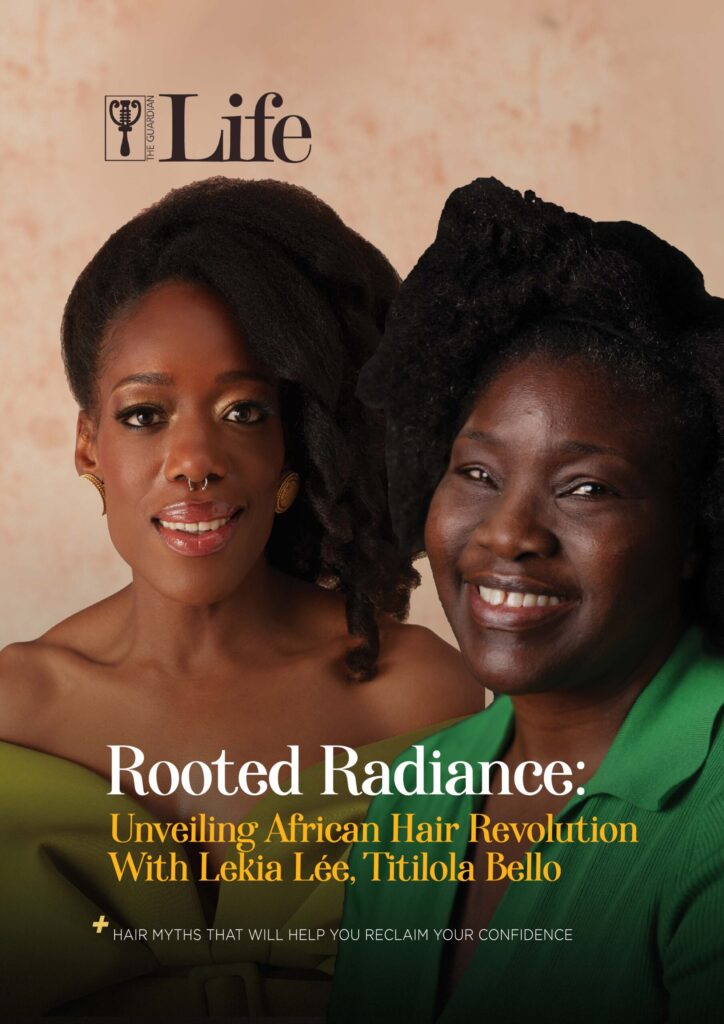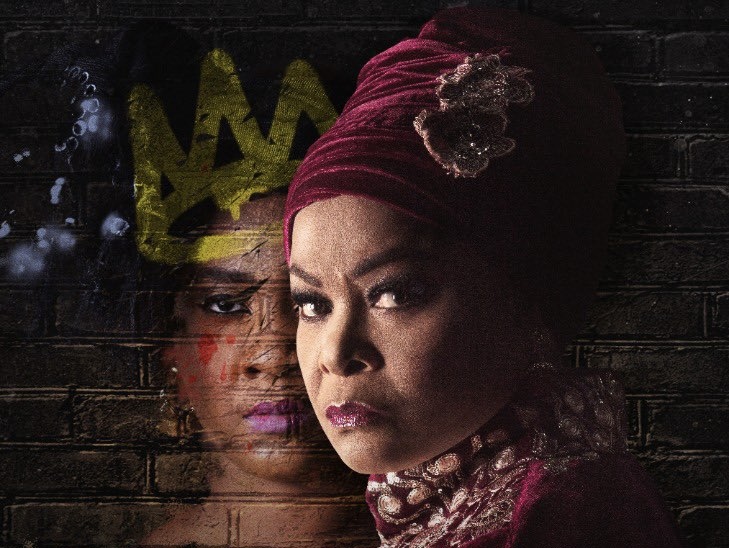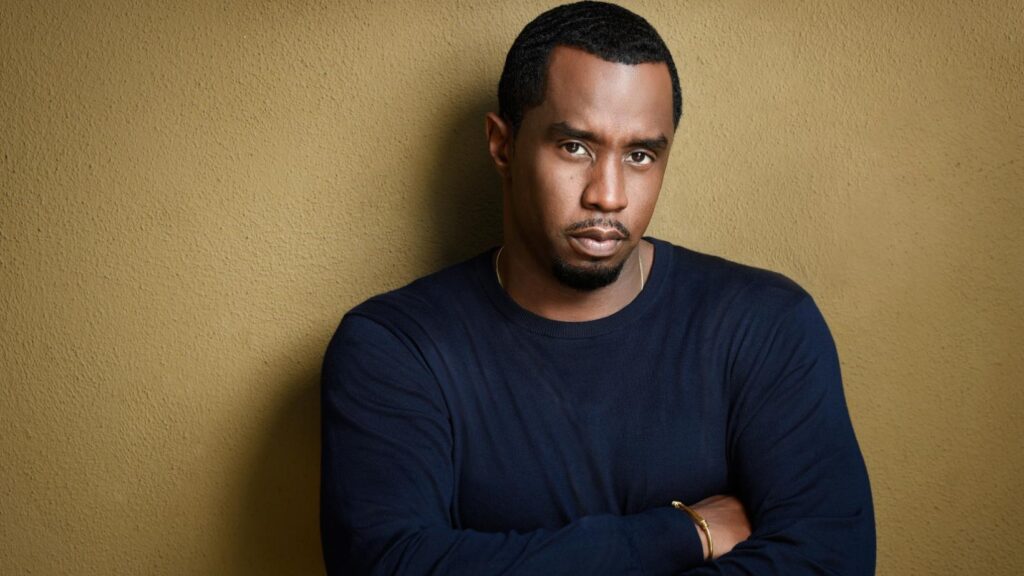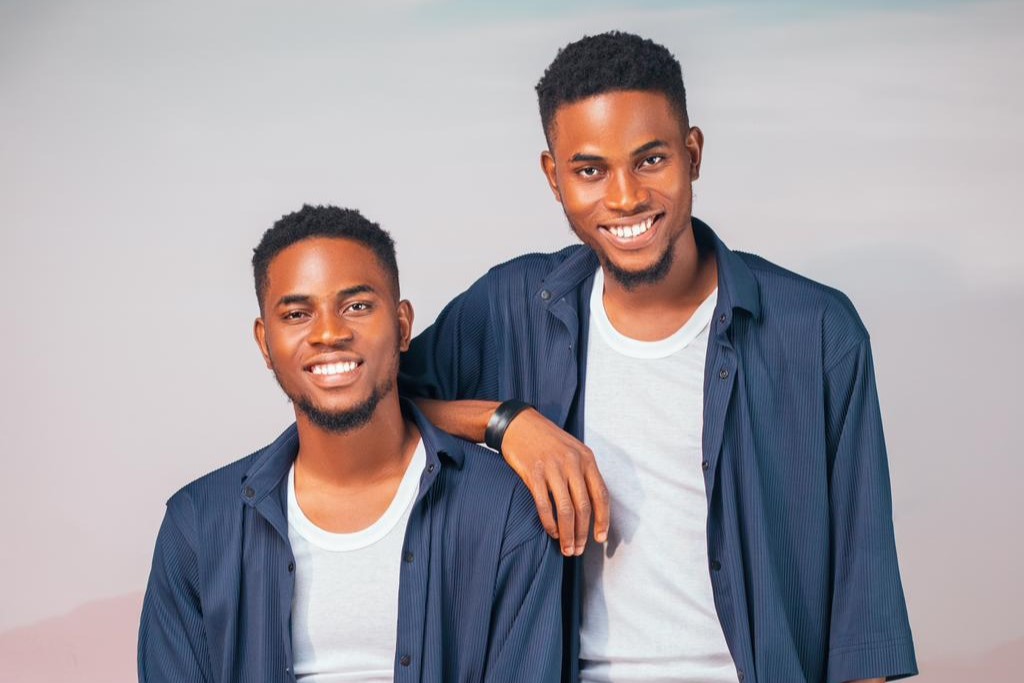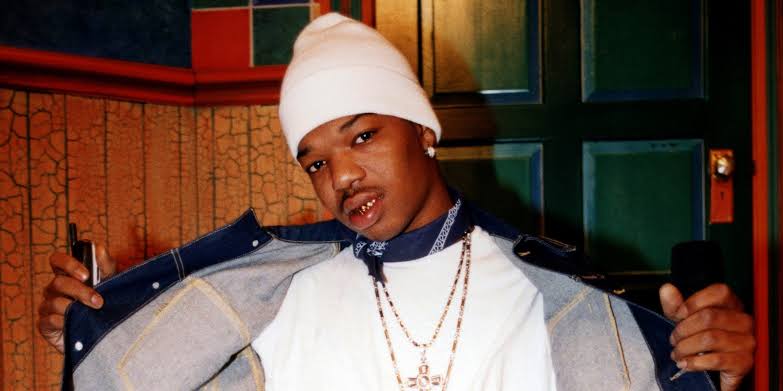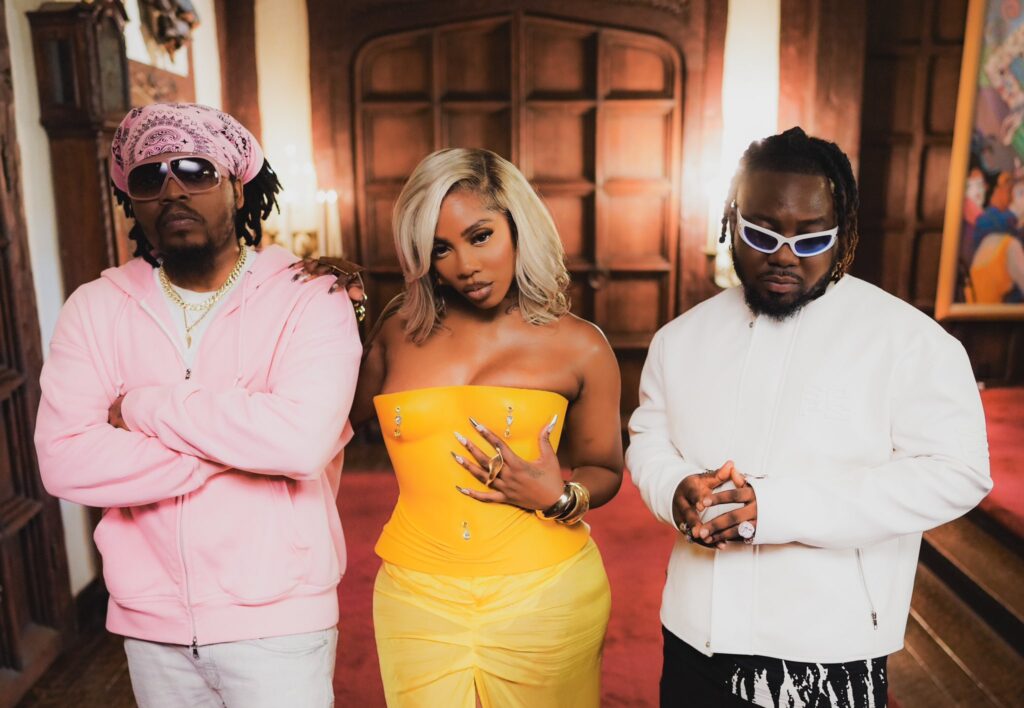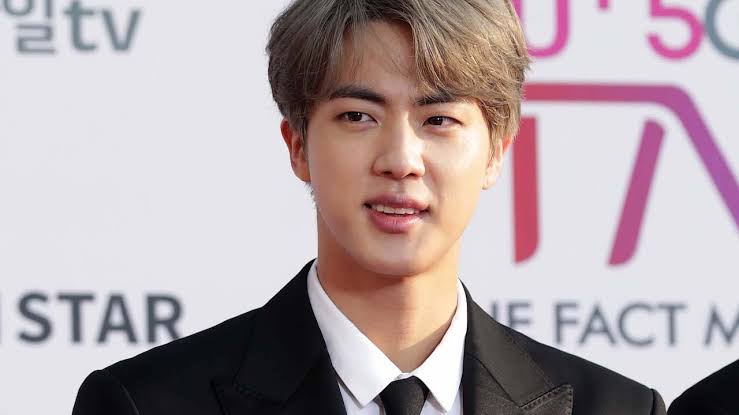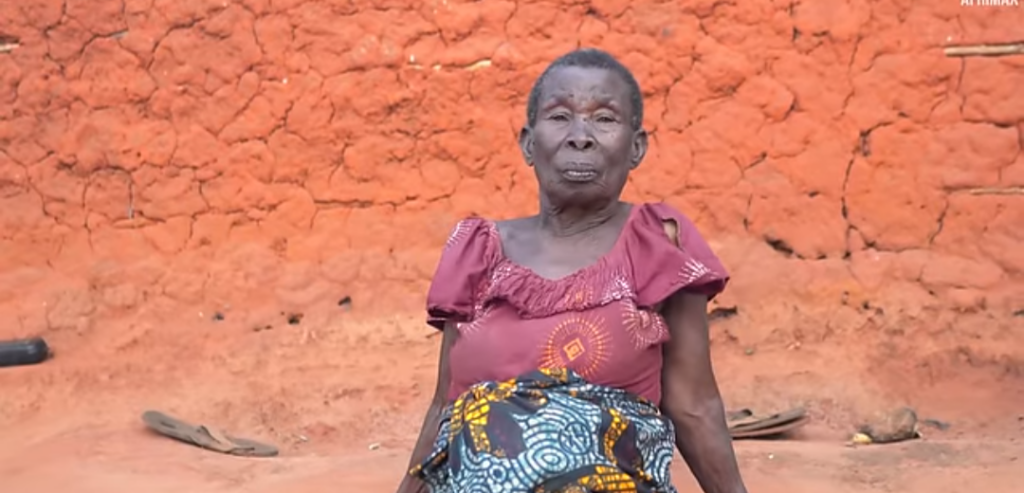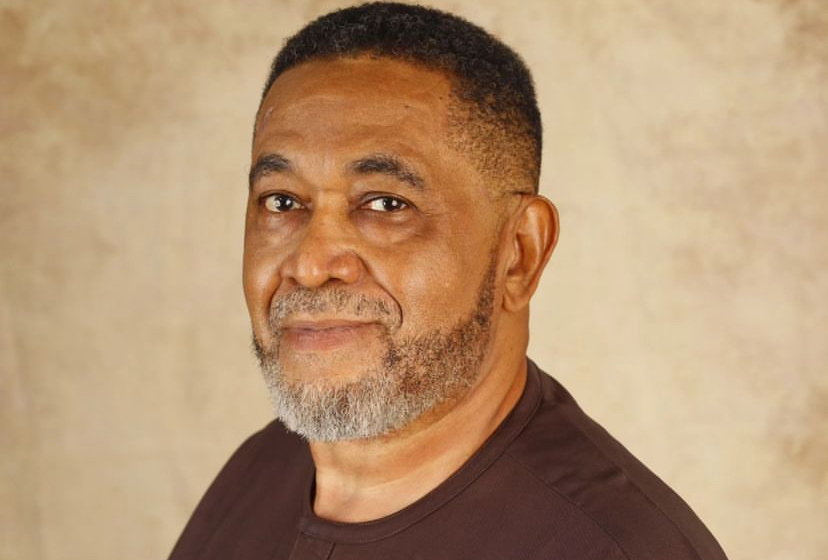In a world where the concept of beauty has long been dictated by Eurocentric standards, a profound movement is gaining momentum, challenging the status quo and redefining the narrative around African hair as women of African descent reclaim their natural beauty.
The protagonists of this revolution are Lekia Lée, the founder of Project Embrace, an NGO dedicated to promoting self-love for African hair, and Ori Lifestyle by Titilola Bello, a natural hair coach who has mentored hundreds of women on their natural hair journey, are the superheroes influencing the perception of kinky hair. Both women are on an Afrovisibility mission one strand at a time to raise awareness and inject self-love for the Afro hair.
Lekia’s journey towards promoting self-love for African hair began with a personal realisation that loving oneself fully requires embracing every aspect of one’s identity.
“Decades of trying to conform to a single idea of beauty made me question why I would love and embrace every part of myself except the texture of my hair. It didn’t align with the concept of unconditional self-love. So I decided I needed to do something that would raise awareness around hair bias and discrimination as well as celebrate Afro-textured hair as beautiful on a large and respected platform, and that is how the Afrovisibility billboard campaign started.” Lekia reflects.
Unconditional Self-Love And A Daughter’s Influence
Lekia’s inspiration to create Project Embrace came from a pivotal moment involving her daughter, who, at the tender age of 3, was already displaying signs of internalizing colonized beauty standards.
“My daughter would compliment black women, but only if they wore straight weaves or wigs. It was a clear indication of the influence of a one-sided beauty standard that excluded Afro-textured hair. I wanted to spare her the journey of learning to embrace her natural beauty, which took me decades,” Lekia explains.

Debunking Stereotypes: A Call for Beauty Redefined
One of the key challenges addressed by Lekia is dispelling common stereotypes about Afro-textured hair. Lekia passionately confronts the myths that deem Afro hair unmanageable, unruly, unprofessional, and incapable of growth. “Are our ancestors more intelligent than us, or were they simply more ‘in love’ with their own hair type and appreciated it? We are challenging beauty constructs and encouraging people to question who constructs the beauty we see,” Lekia asserts.
Lekia stated that the common stereotype around Afro-textured hair is that it doesn’t give a professional look and certainly not a sophisticated beautiful look. “Myths include, it’s unmanageable, unruly, unprofessional and it doesn’t grow. All these are untruths. She explains further that unmanageable means there is no way to manage Afro-textured hair stating that, “Beauty is a social construct, so we have to be aware of who is constructing the beauty we see.”
Reconnecting with Natural Beauty: A Personal and Collective Journey
In a world where chemical straightening and extensions have been prevalent, reflecting on the societal perception of afro/kinky hair, Titilola dispels common myths surrounding it. She challenges the notion that afro hair is strong and tough, emphasising its fragility due to its coiled structure. “That our hair is strong and tough – it is not. It is scientifically shown to be the most fragile of hair types because of the coils, each coil and twist makes it more susceptible to breakage so we are the group that should do the least to our hair, but the ones who do the most.” She also advised that washing regularly every week is optimal. “Every 10 days is second best and no one should be going for over two weeks without cleaning the scalp that excretes its oils which must be cleansed off frequently for growth and a healthy scalp.”
Additionally, Titilola addresses the misconception that braids promote hair growth, emphasising that healthy hair growth is an intrinsic aspect of overall well-being. Giving a voice to hair myths and bias, Lekia emphasises the importance of reconnecting with natural, God-given hair. While acknowledging the health risks, she points out that the desire for societal approval often overshadows these concerns.
“Even the immediate effect of having a burnt scalp is not enough. Wigs and weaves can also damage our hair, but the satisfaction we get from wearing them far outweighs any damage they will do to our natural hair,” Lekia remarks.
In the same way, hair coach Titilola observed a stark contrast in attitudes towards hair between her Nigerian and British clients. “In Nigeria, corporate norms dictated a specific image of professionalism that often excluded natural hair. Titilola had witnessed the struggle of senior executives adhering to outdated “HR policies that discouraged wearing their hair to work. The cultural interpretation of professionalism had ingrained the idea that straight or European-looking hair was synonymous with being “put together” and “professional.”

She noted that a client, a senior executive battling Traction Alopecia, exemplified the internal conflict many faced. Despite the damage caused by weaves and wigs, the client couldn’t break away from societal expectations within the corporate sector. The narrative was clear – conformity to Western ideals of beauty was the key to success, even if it meant sacrificing personal well-being.
In her journey as a hair coach, Titilola noted that “The most common mistake I observe is the overuse of braids, weaves, and wigs, especially when women go back-to-back with braids or weaves. The frequent tension on the scalp, the tension on the strands of hair, and the dryness of the artificial fibre all contribute to long-term damage.”
Challenges and Solutions: Shifting Beauty Paradigms
Lekia delves into the general problems faced by African women globally, emphasising that the difficulty in managing hair is rooted in a skewed perception of what constitutes beauty.
“The general problem is the way we see our hair and the criteria we use to judge it. We have been persuaded to use European-type hair as the yardstick to judge African-type hair,” Lekia reflects.
The perpetuation of a narrow beauty ideal, fueled by media representations, has deeply entrenched beauty biases. Lekia and Titilola stressed the need for conscious efforts to change narratives and behaviours, highlighting that genuine self-respect is the first step towards earning respect from others.
“We cannot expect others to give us respect first without first giving it to ourselves. Sometimes it may seem that we have the respect of others when we conform, but that’s not genuine respect,” Lekia asserts. However, Titilola highlights that the media shapes the perception of beauty. “In the media, things are still behind across all countries. What we still get as the standard or ideal beauty is straight or looser curls. Nollywood bombards us with this as well as Hollywood.” “I have seen women decide to wear their own hair on their wedding day, graduation, and even to normal social functions. These women often report feeling more confident, and happy, with the added belief that they are capable of going on to achieve other things. Many also use the word ‘freedom’ a lot. Sometimes we forget or get so accustomed to the discomfort of wearing added hair on our heads. Many welcome the freedom,” said Titilola.
Stylists as Agents of Change
Lekia acknowledges the impact of hairstylists in shaping perceptions of Afro-textured hair. She believes that hairstylists who love and appreciate natural hair can play a pivotal role in empowering women to embrace their unique beauty. “Imagine hairstylists lovingly nurturing your hair, probably saying nice things about it. It would be difficult not to love your hair when it generates such a positive reaction from your hairstylists,” Lekia concludes.
However, the journey to embracing natural hair is not always smooth, especially in cultural contexts like Nigeria. Titilola affirms that “Nigerian women especially report negative comments from family members, being called ‘house girl’ to looking ‘poor,’ to some people suggesting they will find it hard to find partners with natural hair.”
Titiloal emphasises the need for occasional styling and age-appropriate care, highlighting the unfortunate trend of adding hair to young children. “No one should be braiding a 3-year-old’s hair or adding extra hair to a child below the age of 8 years old. This can be problematic for their scalp hair and future hair development,” she advised.
These two Titilola have witnessed remarkable transformations in the lives of those who choose to embrace their natural texture and where standards of beauty are evolving, Lekia Lée and Titilola Bello stand at the forefront, championing the African Hair Revolution, and challenging individuals to redefine beauty on their terms.
The journey to the African Hair Revolution involves dismantling deeply ingrained biases, fostering self-love, and redefining societal standards. Through the works of Lekia Lee and Titilola who are not just advocating for a change in perception; but they are pioneering a movement that celebrates the beauty of natural hair, empowering individuals to embrace their authentic selves. The African hair revolution is underway, and its roots run deep in the collective journey toward self-love and acceptance.

